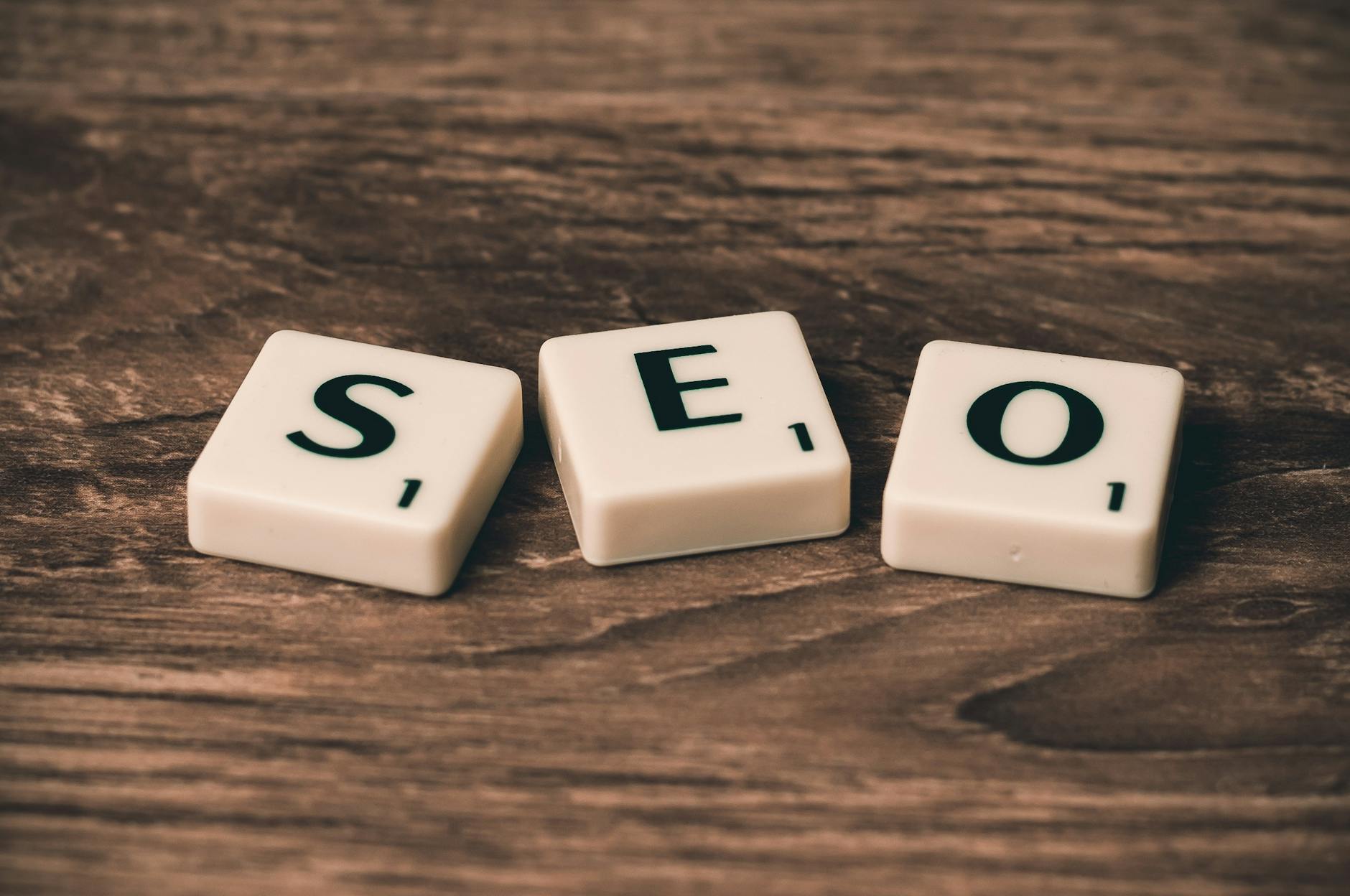It seems everybody has opened up their own e-commerce store. And honestly, why not? There is an unrivaled boom in this industry, people are making money, it’s fast-paced, it’s constantly evolving, and, let’s not beat around the bush here, it’s pretty lucrative.
So it stands to reason that in order to succeed, you need to take several things into account. Sometimes it’s thinking outside the box, figuring out a new and interesting way in which you can handle things. Other times, it’s just about working hard and mastering the basics, about being thorough and persistent.
Whatever the case may be, below you can definitely find something that will be useful on your road to E-commerce success.
Cross targeting social with email

One of the things that many e-commerce stores should use is social media. And we assume many do. Adverts, promotions, connections, communicating with clients… However, what you should really try to do is take advantage of your social media presence and tie it to email.
Let’s say you’re using Facebook for this kind of work. By intertwining your email with your Facebook page you can expect better conversion rates. Using cold calls through Facebook, people will have an easier time figuring out who your company is, and what you stand for. And when we’re on the topic of social media, use it to give away free gifts and goods based on shares. Try to use as many platforms as possible.
Focus on your users
An important and useful element for e-commerce owners is learning how to focus on your users. Namely, there is one very specific shortcoming that eCommerce has, an issue no IRL store possesses. Namely, you don’t really get to touch or feel or smell or do anything basically with the products form eCommerce stores until they reach your door. This is a big deficiency that does turn away many buyers. However, while there is no direct way to handle this, there are things you can do to at least minimize it, which you can do in two ways.
The first way centres on just handing out many added options and benefits. Things like free shipping, extra certificates of security and trust, simplifying the shopping process. Another thing you can try is using modern technology. IKEA, for example, lets people download a VR app which allows them to observe a piece of furniture directly in their home, as if it were there, through a camera.
Proper storage

Now, let’s get back to real life for a second. Or rather, the physical end of real life. Namely, too many e-commerce store owners focus too much on online functions, as they should. However, they neglect and don’t really invest in reality. In this case, we are talking about storage.
Namely, proper storage is necessary in order to have everything go smoothly. You want professional materials handling equipment, you need proper logistics, supply and delivery chains, good warehouse workers… Having the best, most functional site possible won’t matter much if you’re products are late, or damaged. Keeping your goods safe and sound, actually sending them out on time, all this is vital for your success. Don’t neglect the physical, real-world storage, you need it just as much as your website.
SEO

Now, we are pretty certain that anybody whose opening their own eCommerce store knows just how important SEO is. Keywords, backlinks, all which jazz. However, what about specialized, advanced SEO? Namely, we are talking about local search engine optimization
Local SEO is perfect for small business who, you guessed it, work only locally. They operate in their community, they give their all, and they don’t even try to compete with larger companies. Just because you have an online store doesn’t mean you can’t use local SEO to your benefit. You can in this manner have a two-pronged approach. You get people to come to your website with your regular SEO efforts, while the local SEO is great for any potential customers who want to actually physical come by to your store or warehouse.
In order to set up proper local SEO, you need to get a “Google my business” page and follow their instructions to the letter. Let’s say your business is in Brisbane, Australia, and that you sell computer parts. Whenever anyone types in “computer parts Brisbane” they will have a great chance of finding your company (if you have local SEO set up). If not, they will actually have a harder time finding you.
Mobile and voice search
Not optimizing your store for mobile browsing can severely hinder and damage your conversion rates. Namely, many people nowadays use mobile browsing to buy and shop online. They use tablets and phone almost exclusively to browse, and if you don’t have the right mobile functionality, you can’t really expect the best results.
The second important part, related to the newest trends, is voice search. With the rise of Alexa and Siri, people are getting more and more used to browsing with their voice. This means that you should set up your keywords and your SEO towards this kind of browsing. First, your keywords (or key phrases rather) should look more like questions, not statements.
Indeed, understand that using voice search when browsing is closer to a normal conversation, instead of just typing things in. We also advise you put a bulleted list in the form of questions (and answers) in your content, so you can boost your chances of getting found.
Conclusion
E-commerce has been a lucrative and successful manner of doing business for some time. However, in the past few years, it has seen a boom, advancing and moving at lightning speed. Sometimes you need to get the basics down in order to get ahead, while other times you need to mix things up a little. Try to stay on the cusp of the newest advances, work hard on staying and being modern, and you will definitely find a way to come out on top.
Article written by Liam Smith.


